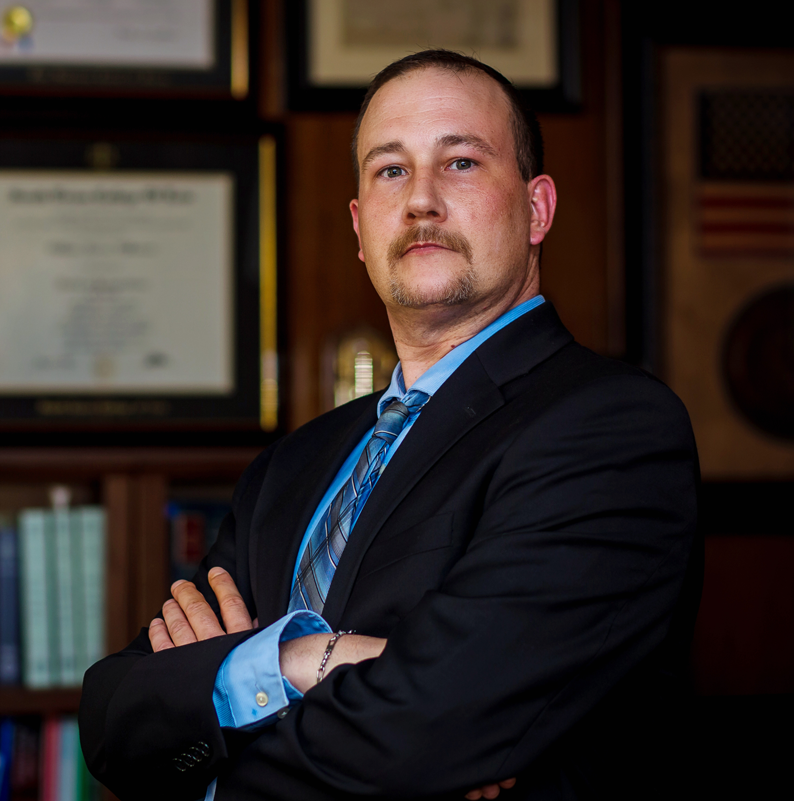Marriages involving couples with large incomes or significant property values often result in contentious divorces. If you own your own medical practice, your primary consideration may involve whether your former spouse can obtain ownership of your practice as part of a financial settlement. The answer in Texas depends upon a variety of factors.
Community property state
Texas obeys community property divorce laws during your high-asset divorce. In a community property state, a specific legal framework exist for dividing assets and liabilities. Rules for community property typically include the following:
- Property acquired during the marriage becomes community property.
- Courts consider community property to be owned by both parties equally.
- Community property can include income, assets and debts.
- Separate property refers to any assets or debts owned before the marriage.
- Courts must divide the value of community property 50/50 during a divorce.
Medical practices exemptions
Although community property laws require an equal division of the value of the medical practice, your spouse cannot own the practice if they do not have a medical license. Either the courts or you must come to an agreement that allows your spouse to receive their fair share of the monetary value of your practice. A buy-out option allows you to protect your practice while using other assets to make up the value of the practice.
Contributions
If the medical practice began during the marriage, it may fall entirely under community property laws. However, if your business grew and thrived before marrying your spouse, the courts may consider it separate property. In other cases, your spouse may argue that their non-financial contributions of support and management assistance helped the company grow, even if you began your practice before you married. Courts may consider that argument valid and determine that you owe your former spouse.
Courts in Texas strive to provide fair treatment to both spouses during a divorce. Although this system may seem frustrating, it may allow you to keep your medical practice during a high-asset divorce.

